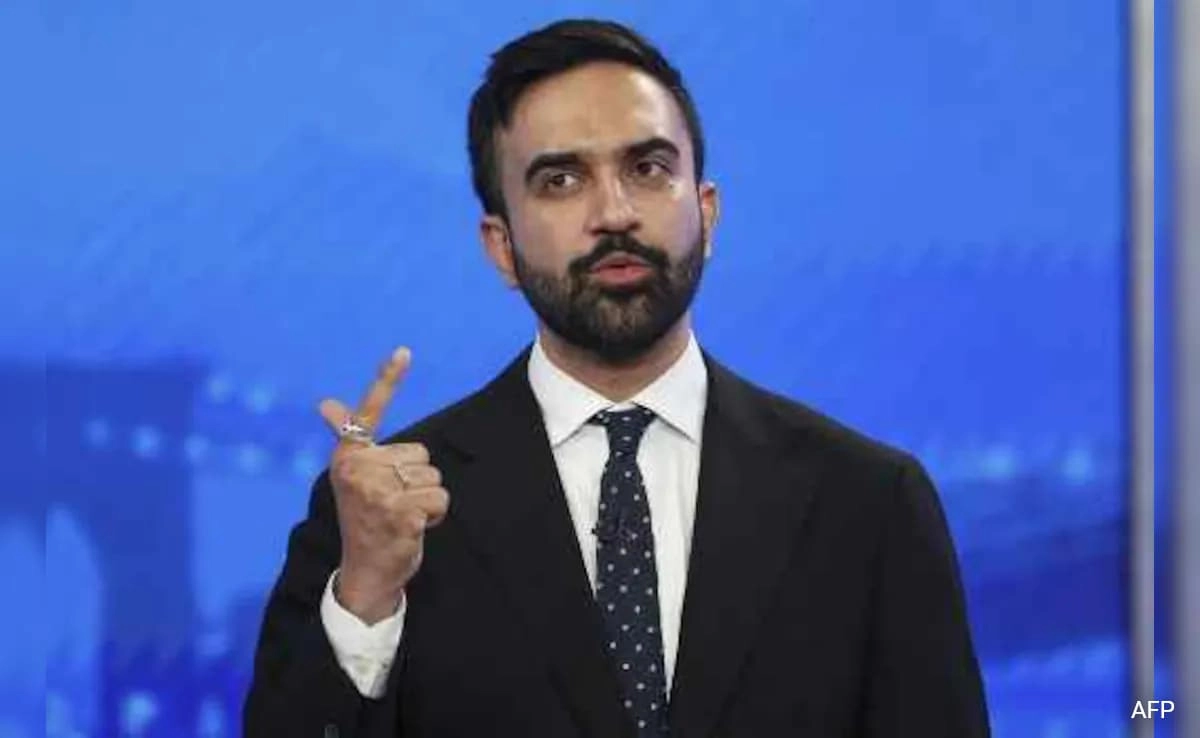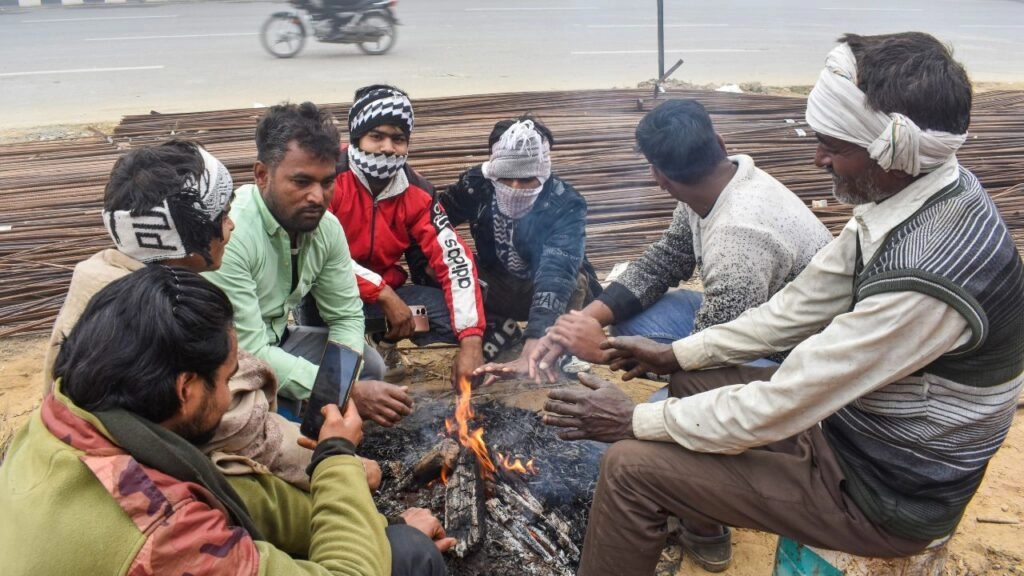Zohran Mamdani, a prominent political figure and member of the New York State Assembly, recently made headlines by canceling a scheduled town hall event hosted by ABC. This decision was notably influenced by the network’s suspension of late-night talk show host Jimmy Kimmel. Mamdani, who is known for his progressive stance and vocal advocacy on various social issues, expressed his dissatisfaction with ABC’s decision to suspend Kimmel, suggesting that it reflects a troubling trend in media accountability and freedom of expression.
The cancellation of the town hall event underscores the growing intersection between politics and media representation. Mamdani’s choice to withdraw from the event was not merely a personal stance but a broader commentary on how media networks handle their talent and the implications this has for public discourse. By taking this action, he aims to highlight the significance of supporting creative voices in the media landscape, especially those who challenge the status quo through humor and satire, which are essential tools for social critique.
Supporters of Mamdani’s decision have lauded him for standing up against what they perceive as censorship and an attempt to silence dissenting opinions. In an era where media narratives often shape public perception and policy discussions, Mamdani’s cancellation serves as a reminder of the importance of solidarity among public figures in defending creative expression. As political and media landscapes continue to evolve, the implications of such actions could have lasting effects on how public figures engage with media institutions and advocate for the values they believe in.
Moreover, the event’s cancellation sparked a larger conversation about the role of comedians and entertainers in political discourse. Kimmel, known for his satirical takes on current events, has often used his platform to address pressing social issues, making his suspension a contentious topic among fans and fellow entertainers alike. The situation raises questions about the boundaries of comedy in political commentary and the responsibilities that come with such platforms. As Mamdani navigates these complexities, his actions may inspire other political leaders to take a stand on similar issues, fostering a more robust dialogue about media freedom and accountability in today’s society.




